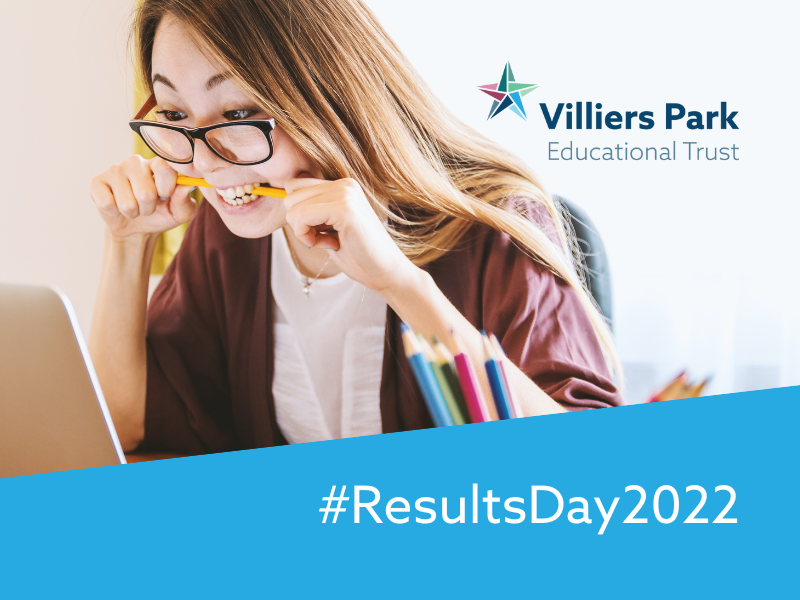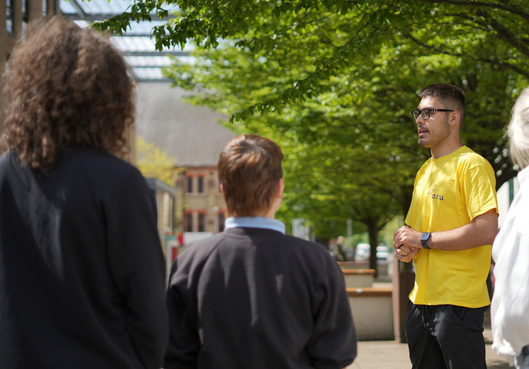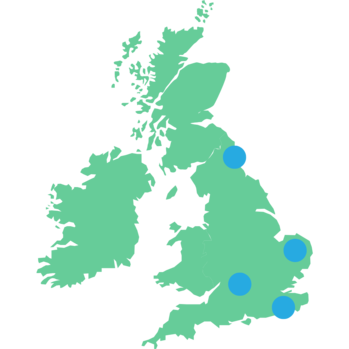Urgent support needed to address the widening disadvantage gap


Research from the Sutton Trust shows that students feel that this year’s exam arrangements didn’t take the impacts of the pandemic sufficiently into account, with many feeling concerned about falling behind - particularly those from disadvantaged backgrounds.
The Sutton Trust’s research echoes what we are hearing from our Future Leaders, an other academic specialists: that this cohort has the worst of all worlds; exams are back, but not enough has been done to plug the gaps left by two years of Covid disruption. From the exam algorithm fiasco in the summer of 2020 to the longer-term lack of real understanding of the challenges faced by disadvantaged families, including access to devices and broadband and the absence of physical and mental space needed to learn online, the UK government’s efforts were found to be wanting.
The pandemic has taken an incredible toll on young people. Concern continues to grow about the immediate and long-term effects on young people’s mental health - issues that will only be compounded by the cost-of-living crisis. But we cannot and must not treat this generation of students as a ‘lost generation’, or expect them to simply 'catch up' with their education. This generation is not lost: it has just had very different experiences and needs better support. To achieve this, we need to do two things:
First, we must mind our language and challenge the notion of a ‘lost generation’. At Villiers Park, we see a generation of young people working hard to overcome the trauma of the pandemic, and the legacy of growing up facing challenges that others can't even imagine. These young people show real resilience and, rightly, remain committed to thriving in spite of what's happened to them. This generation has a strong moral and ethical code and a shared sense of purpose. Through our Programme, we are increasingly seeing young people interested in careers that support and care for other people and the planet.
Second, more must be done to provide additional support to students from disadvantaged backgrounds. Our Future Leaders Programme supports young people to find their own pathways for their ambitions. It enables them to develop the behaviours, skills and knowledge they need to fulfil their potential.
Reframing Results Day
Whilst we never underplay the importance of results to students’ future pathways, we see that the greatest strength of our Future Leaders programme is the development of self-belief, resilience and tenacity. The very act of envisaging alternatives, thinking about different routes to the same destination, or perhaps a new destination entirely, is incredibly powerful.
The power of the possible is borne out by the experiences and outcomes of previous Villiers Park students. Some felt that their entire world had collapsed when opening that fateful envelope on results day. But with our support, they were able to reframe their experience and focus not on a perceived failure, but on a new opportunity. This year, we are providing immediate help and support to any Future Leaders who need it through our dedicated Clearing and Support Line, a drop-in room running on Teams for as long as students need it. We’ll provide personalised support over the coming weeks to ensure that, come autumn, they will confidently move forward with a plan of their making.
With the disadvantage gap widening, organisations like Villiers Park have never been more needed. We want to support more disadvantaged and under-represented young people to lead us into a brighter, more equitable future. Come with us as a partner or supporter.
But let's end on a high: as I type, reports are coming in from our hubs about Future Leaders who've achieved fantastic results. Well done to them, and to everyone celebrating today. However you're feeling, take a moment to celebrate your progress. In many ways, that is the most important metric today.
Our Impact







